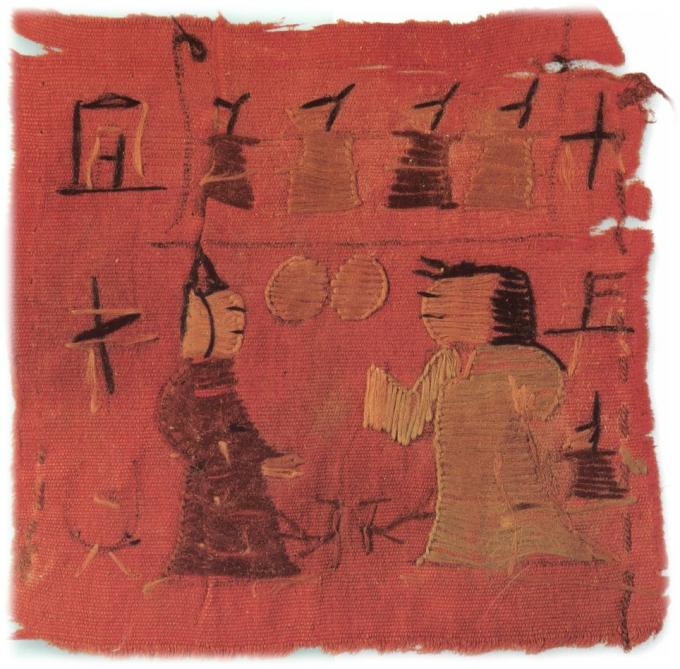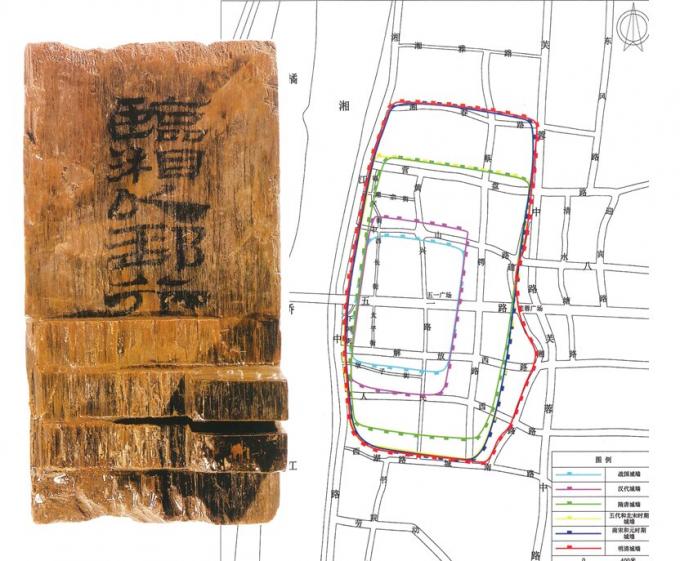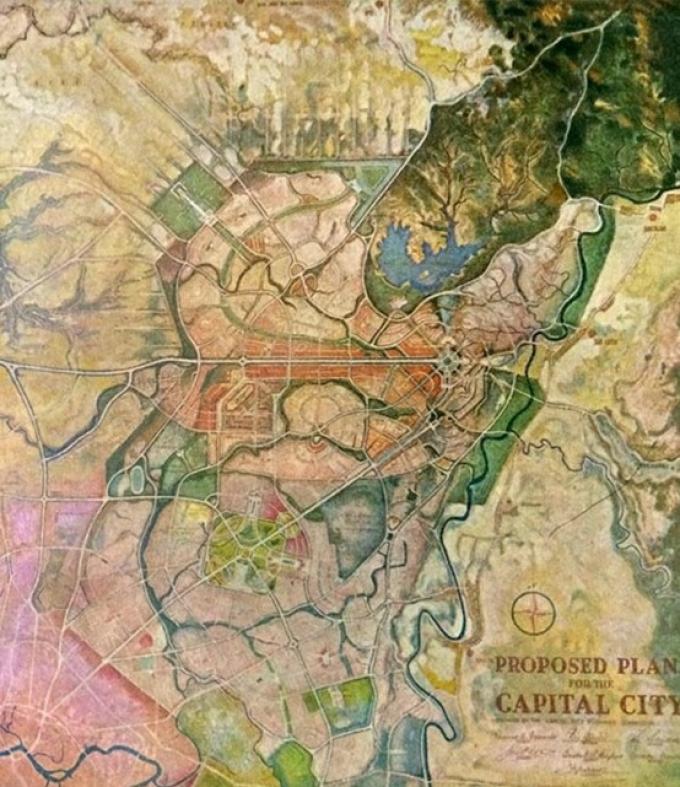The reading of the earliest historical records informs us that war has been an essential feature of human civilization. A common thread runs through various narratives of the formation of early states—the legendary hero appeared on to save his people, he advanced their well-being, and established or restored order as a result of notable victories in decisive battles.

Just as it appears to build states, war is the only devastating force apart from natural disasters that could bring apocalyptic scenarios to human societies. War terrifies people, but people keep making war. The leaders decide whether or not and where to go to war, but the ordinary soldiers have to do the fighting and endure hardships and sufferings during and after the campaigns. Studying what the ordinary soldiers experienced in the processes of preparing and conducting war will contribute to the study of a wide range of topics in the fields of military, social, and cultural history. While the study of the operation of warfare as well as the daily lives of soldiers and their combat experiences in ancient Mesopotamia, Greece, and Rome has increasingly expanded in depth and breadth in recent decades, research in similar topics about China still lags far behind. Yet, ancient China is important for its long and continuous history of warfare and also the varied development in certain aspects of war from that in western Eurasia. The Chinese cases therefore offer a trove of information to facilitate our understanding of world history of warfare. This project aims to synthesize historical materials, including received textual and non-textual sources and recent archaeological findings relevant to soldiers, armies, and warfare, to depict facets of the daily operation of military campaigns and fighting experiences of soldiers in early and early medieval China, with a particular focus on the late third century BCE to the sixth century CE. This project also brings together materials of military history from outside China. Based on a comparative perspective, stories from other earlier and contemporary civilizations will provide important insights into the soldiers’ lives in early and early medieval China. While this project will provide references for historians across various fields, as history of war is always a popular genre of reading, it will also interest the general public.


